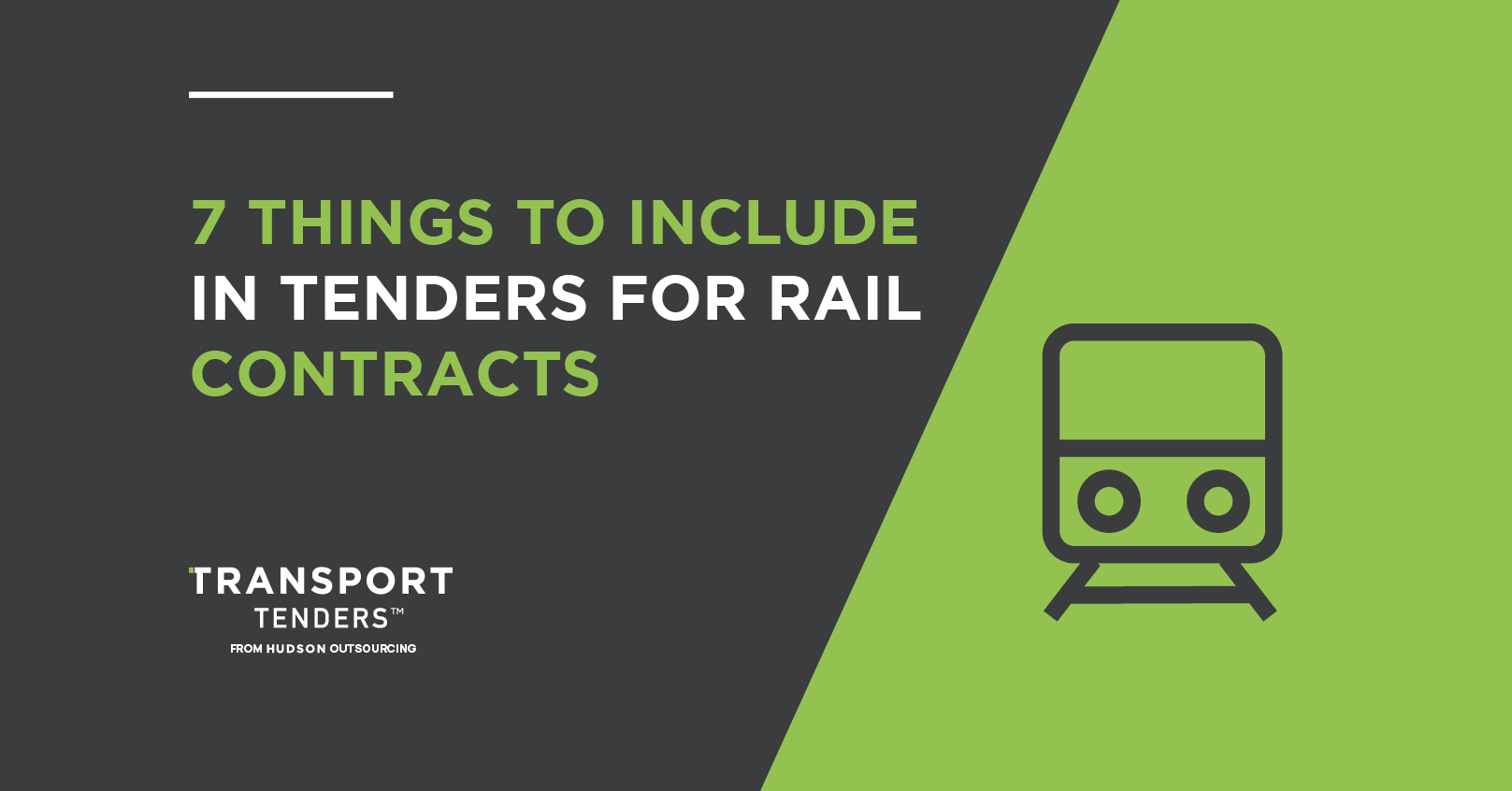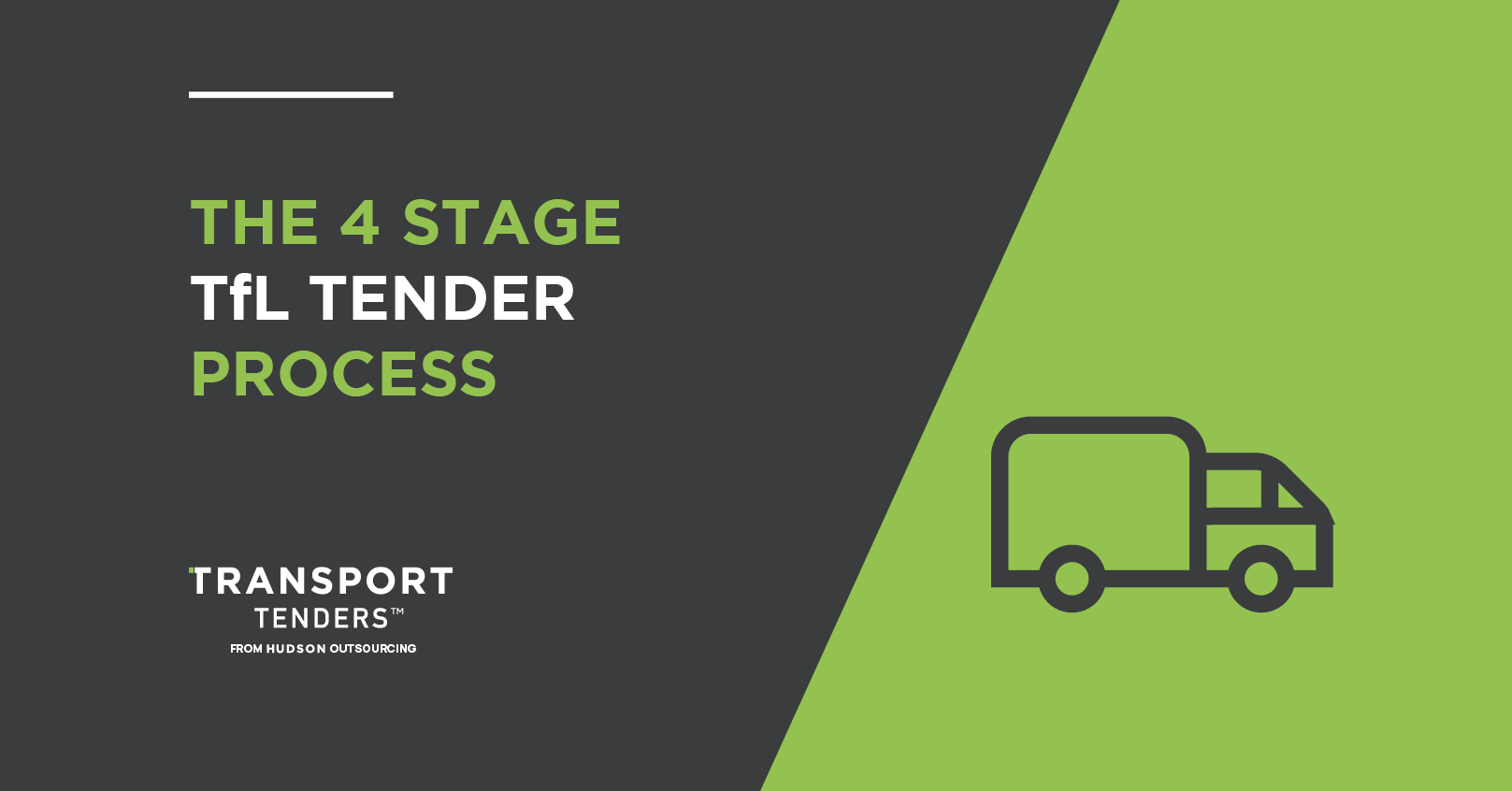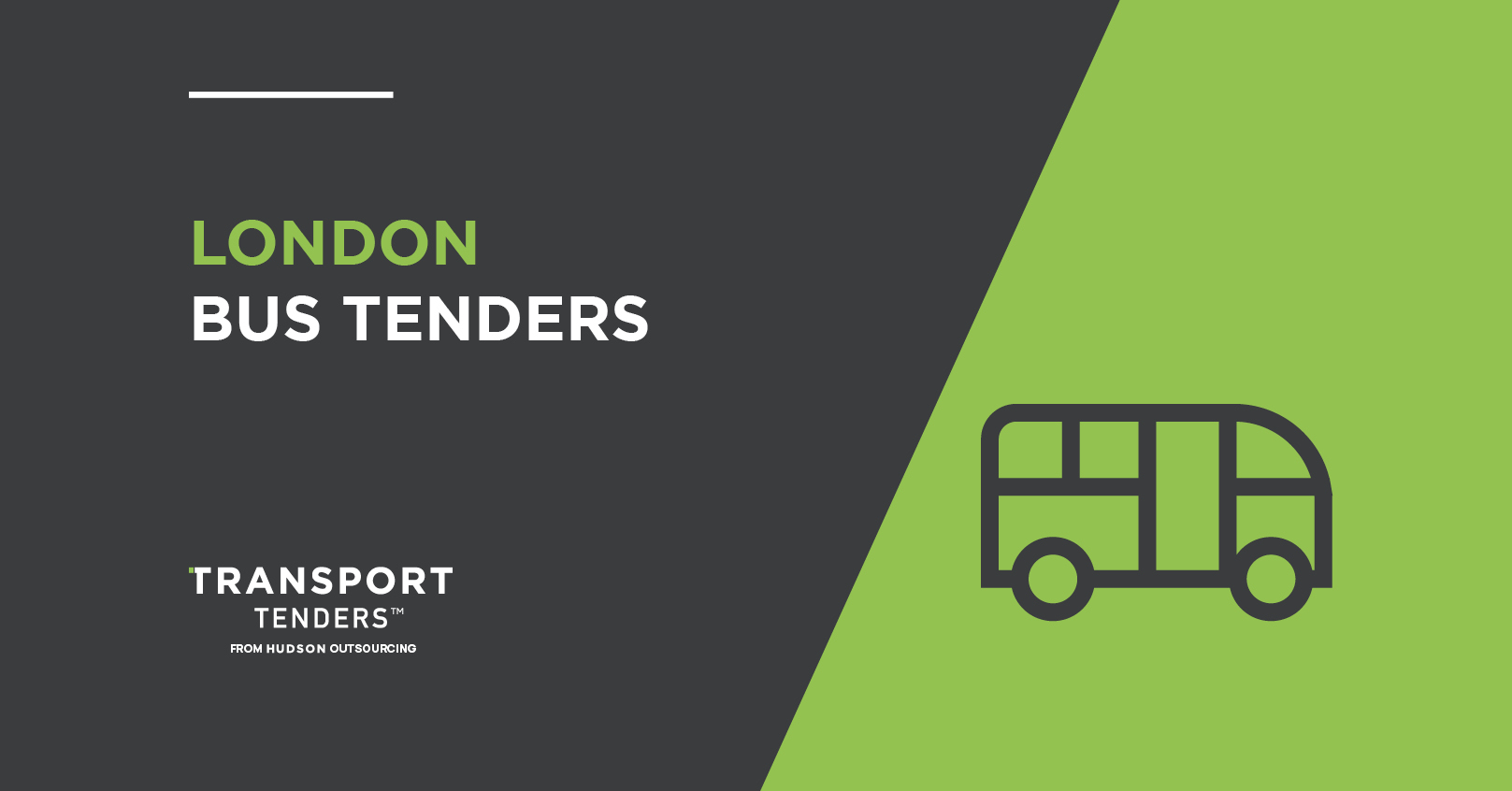7 things you need to include for UK rail contracts and the new Emergency Recovery Management Agreements
The COVID-19 pandemic has caused a massive shake-up for UK rail contracts. It has led to the end of the railway franchise which has been in use for 24 years.
The old railways franchising system allowed private companies to bid for multi-year contracts, allowing them to operate on specific routes. The new system means that UK rail contracts will now only last six to 18 months instead of years.
The railway franchise has been replaced by Emergency Recovery Management Agreements (ERMAs). The government hopes that this plan can keep the industry running during the COVID-19 pandemic.
The Rt Honourable Grant Shapps MP from the Department for Transport (DfT) stated:
These new contracts continue to respond to the impact of COVID-19 and ensure the railways continue to support the country’s recovery from the pandemic, delivering for passengers, freight and taxpayers.
They keep the best elements of the private sector, including competition and innovation, that drive growth but go further by delivering greater leadership, direction and accountability.”
Despite this, companies are still winning million- pound rail contracts in the UK for new stations. There has been an increase in the popularity of business parks that have offices and commercial buildings. These spaces often have their own railway stations on-site, making them perfect for commuters – creating an ease of accessibility.
The rail industry is always evolving with a need for efficiency, precision and innovation. This leads to a constant stream of rail contracts throughout the UK. Particularly with HS2 underway, which is bringing with it a wealth of investment and jobs across the UK.
Invention and Innovation
The UK government are keen to reward invention and innovation to improve passenger experience and decarbonise the rail network. They have announced a new £9 million fund to encourage cutting-edge ideas and pioneering technology for a more sustainable future. It’s the fifth First of a Kind competition in partnership with the Department for Transport and Innovate UK.
Rail Minister Chris Heaton-Harris said:
This country pioneered the railway, and that spirit of innovation and ingenuity has never been more vital as we look to build back better from this pandemic.
Our railways will underpin this country’s economic recovery and help realise our ambitions of a carbon-neutral future. Through initiative like the First of a Kind competition, we are investing today to build the railway of tomorrow.”
UK rail contracts can cover a wealth of subsections within the industry. Businesses may put tenders out to procure:
- Engineering
- Construction
- Refurbishment
- Cleaning
- Carriage removal
- Maintenance
- Essential materials
- Specialist training
- Management of services
These are just a few examples of the types of services and works needed within the rail industry.
Often, a pre-qualification questionnaire (PQQ) will cover the following sectors:
- Company information.
- Mandatory grounds for rejection.
- Discretionary grounds for rejection.
- Economic and financial standing.
- Technical and professional ability.
- Specific questions declaration and authorisations.
7 things you need to include in the new ERMAs for rail contracts in the UK
-
Health and safety in rail contracts in the UK
The rail industry is known for having very technical tender questions, due to the focus on health and safety. You must convey how you’ll deliver the contract to the highest standards while fulfilling the necessary health and safety standards. These are typically stated within the PQQ specification.
The buyer will want to see your compliance with regulations and how you implement health, safety and wellbeing. They want to see this particularly in accordance with the staff and the general public. Within the invitation to tender (ITT), you will likely be required to also include a risk assessment for the works.
-
Financial turnover
Your businesses financial turnover will be assessed within the PQQ stage of a rail contract. It is typically comprised of three things:
- Annual turnover
- Financial ratios
- Insurance
You will need to detail these in your response in order to progress onto the ITT stage. If your business doesn’t meet these criteria, you will not be eligible to continue.
-
Experience
When writing your rail contract response, you will usually be required to provide case studies of your experience. The buyer wants to know that you are qualified and have the necessary experience required to fulfil the contract. You may be asked to provide three past case studies of work you’ve completed that’s of a similar calibre. Typically, they must be within the last five years.
You must also back up any statement of claim you make with concrete, auditable evidence. If you claim to be the best in the market, you must back it up with evidence. Avoid phrases such as ‘we have undertaken numerous projects that are similar in scope’. It doesn’t reflect well on you; they’ll want to know exactly how many, questioning your knowledge.
-
Qualifications and accreditations
UK rail contracts will require certain qualifications and accreditations. The requirements can vary depending on the goods, works or services being bought. Some examples of various qualifications and accreditations relating to rail contracts are:
- Railway Industry Supplier Qualification Scheme (RISQS)
- Office of Rail Regulation (ORR)
- Controller of Site Safety (CoSS)
- Personal Track Safety (PTS)
- National Competency Control Authority (NCCA)
- QUENSH (London Underground)
- ISO 9001; 14001; 27001
- Constructionline
- RIDDOR
-
MEAT
When reviewing potential suppliers rail contract responses, the award typically goes to the most economically advantageous tender (MEAT). This is when the buyer awards the contract due to other factors involved, not simply due to the price. The buyer is wanting to get the most value for money out of the tender. They can look at certain aspects individually or as a whole, these can include:
- Accessibility
- Environmental benefits
- Technical ability
- Quality
- Innovation
-
Social Value
Social value is an every-important section within almost every tendering response and it’s no difference for UK rail contracts. The social value of the project is vital if tendering within the public sector. It now has a mandatory weighting of 10% within the quality response. In some cases, it can be as large as 30%.
Social value is the economic, social and environmental aspects of a response. What is your organisation promising to lessen the environmental impact or give back to the local community? Your company’s sustainable development goals should maximise and promote good social values. You shouldn’t put anything down for the sake of it, buyers want to see you making commitments you can keep.
The social value model aims to:
- Create new jobs.
- Level-up the UK.
- Tackle climate change.
- Reduce waste.
- Encourage economic growth.
- Encourage COVID-19 recovery.
- Promote skills.
- Promote equal opportunities.
-
The quality of your response
No matter the industry you are in, when submitting a tender response, the buyers care about the quality. You must avoid passive and vague phrases. Be direct, clear and persuasive.
You must go into meticulous detail whilst still being clear and coherent in your response. Ask yourself, what would you want to know if you were the buyer. Do not assume that the reviewer of your response knows anything. If you allow room for assumptions, they can make the wrong assumptions and you may get penalised for it.
Rail-related services and products are highly regulated. You must persuade the buyer that your business is the best for the job. What is your business’ unique selling point? Do you offer any innovative solutions that your competitors don’t?
Need help with a rail bid?
Our team of Bid Writers at Hudson Succeed know the trials and tribulations of writing a winning bid. We know you’ve got a lot on your plate and don’t always have the time to spare.
Our Bid Writers have an 87% success rate and over 50-years of bidding experience. We offer four bid writing solutions to suit your tendering needs.
Tender Ready
The Tender Ready programme is perfect for those who are completely new to tendering.
Tender Improvement
If you have already been applying for UK rail contracts but aren’t seeing success our Tender Improvement package can help. Our Bid Writers will review your previous submissions and provide feedback and guidance.
Tender Writing
Have you found the perfect rail contract for your business but are struggling to start? Send it over to our Bid Writing team and they can write the whole response for you. They’ll even submit it on your behalf!
Tender Mentor
Our Bid Writers can look over a bid response you’ve already written, checking it for errors before you submit. Sometimes you just need another pair of eyes to go over your response, that’s where Tender Mentor comes in.
Where to find rail contracts in the UK
So, know you know what you can do to get the best out of your bid. Next, you may be wondering where to find UK rail contracts?
Most tendering opportunities are posted across thousands of websites and portals across the UK. Searching for the right one for your business can turn into quite the headache.
Luckily for you, our Transport Tenders portal hosts hundreds of new opportunities in this industry from across the UK. Our Opportunity Trackers manually upload hundreds of live tenders daily from both the public and private sectors. You can filter results via keyword, budget, location and more. You no longer have to rely on inaccurate CPV codes. This means you’ll never miss out on an opportunity to grow your business again.
On Transport Tenders, we post contracts for:
- Rail contracts
- Courier services
- Public transport
- Transport services
- Logistical planning consultancy
- Recycling logistics
- School taxi contracts
- Bus tenders
- and supply chain solutions.
Start a free trial
Here are some past UK rail contracts sourced on our portal:
Removal of Class 507/508 Trains from the Liverpool City Region for Disposal
Merseytravel- North West- Budget: Undisclosed
24-08-2020
Interim Rolling Stock and Maintenance Provision
East West Railway Company- London- Budget: £44,000,000
30-11-2020
West Clare Railway Greenway Section 1
Clare County Council- International- Budget: £350,000
15-01-2021
Reopening Stratford upon Avon to Honeybourne Worcester/Oxford (SWO) Railway Line Commission of a Strategic Outline Business Case
Wychavon District Council- West Midlands- Budget: Undisclosed
29-01-2021
Book a free live demo today for a quick tour of our portal. Get in touch to learn more about our bespoke bid writing services.


